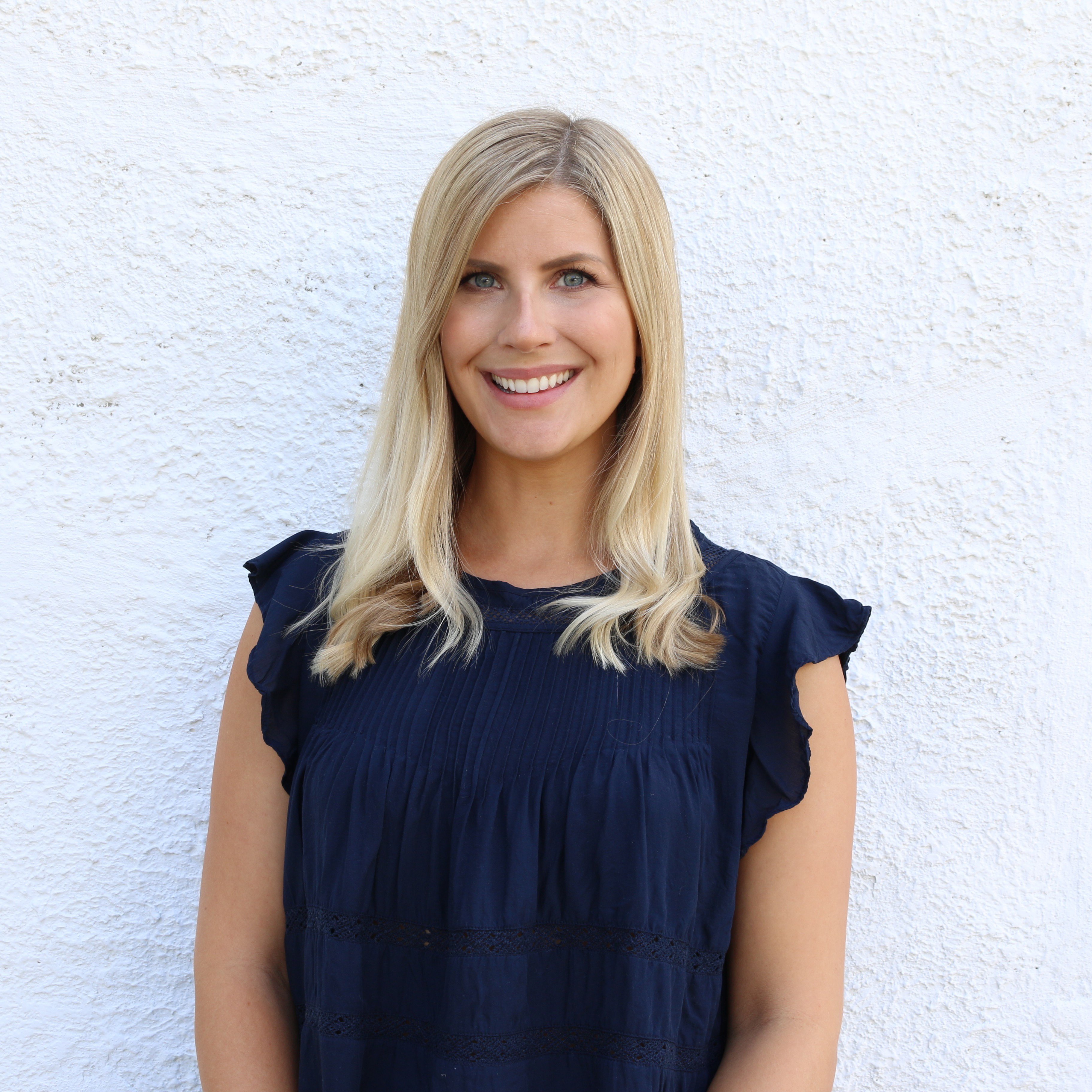Miami Among Top Amazon HQ2 Cities, According to Moody's Data
Though dozens of cities are working to lure Amazon, the short list comes down to 10 top spots — and Miami should be one of them, according to business and financials service Moody’s subsidiary, Moody’s Analytics.
The deadline to apply to become Amazon’s new headquarters — dubbed HQ2 — was Thursday, Oct. 19, but Moody’s Analytics has used data-driven statistics to distill hopeful cities down to a select few.
Austin, Texas, tops Moody’s list, which cites that city’s stature as “a well-known IT hub” already home to major technology players like Dell, Samsung, Apple, and IBM. Unlike Austin, Miami’s allure — it ranked seventh in the list — comes largely from its status as “an international gateway.”
Per Moody’s, the Miami metro area is the only such metro in the U.S. “where the majority of residents are foreign-born, and the airport is the nation’s second-busiest hub for international travel.” With Amazon’s global presence, company decision-makers may find this robust international quality unique to Miami alone, helping its chances for HQ2 selection.
Moody’s also described Miami as a leading distribution center, citing Miami International Airport and PortMiami as prime examples. And like other Florida cities, Miami does not impose state or local income taxes. The weather is a plus, too, according to Moody’s. All these reasons account for why Doral is also vying for Amazon’s HQ2.
Despite several attractive characteristics, not to mention Amazon CEO Jeff Bezos’ personal connection to the city (he graduated from a Miami-area high school), Moody’s acknowledges it’s not a perfect fit, with budget constraints limiting a corporate incentive package on par with other contenders.
Miami’s sheer physical distance from Seattle — it’s the farthest away of all major market contenders — could also be an issue. So could the city’s public transportation, which is excellent for Florida but lackluster when compared with cities in the northeast. Moody’s also pointed to its space limitations: with the Atlantic Ocean, Everglades, and densely populated areas in between, the city may be a tough sell for Amazon’s 8-million-square-foot office requirement.
Moody’s Analytics ranked cities as follows:
- Austin, TX
- Atlanta
- Philadelphia
- Rochester, NY
- Pittsburgh
- New York City
- Miami
- Portland, OR
- Boston
- Salt Lake City

